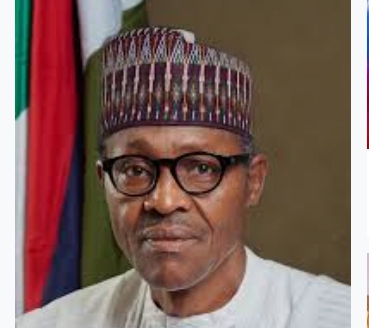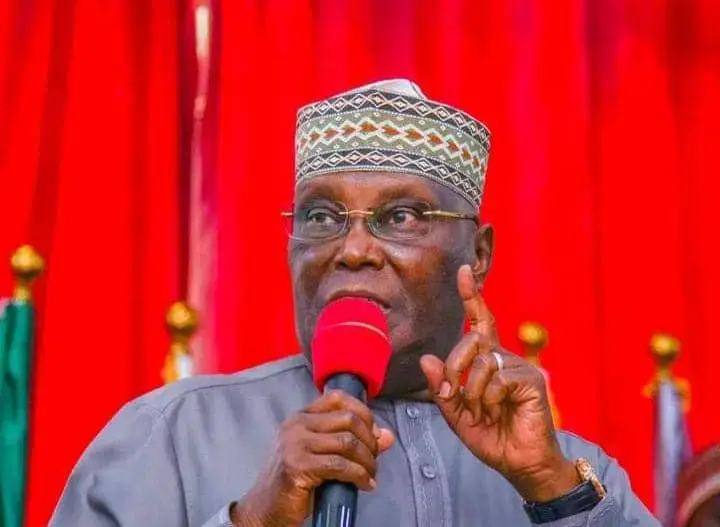A leading Anti-corruption coalition group, Civil Society Network Against Corruption (CSNAC) has called on President Muhammadu Buhari to take swift action in removing corrupt judges who were illegally reinstated by the National Judicial Council.
In a four-page petition signed by the coalition Chairman, Olanrewaju Suraju, the anti-corruption group described the reinstatement of Justice Rita Ofili-Ajumogobia; Justice Agbadu-Fishim and Justice Nasir Yinusa as sabotage of the war against corruption in the judicial system.
Civil Society Network Against Corruption collaborates with the Economic and Financial Crimes Commission as well as the Code of Conduct Bureau in the arrest, investigation and prosecution of corrupt public officers in and outside the country.
According to the petition, Justice Rita Ofili-Ajumogobia was arrested and investigated by the Economic and Financial Crimes Commission for alleged corrupt practices and abuse of office. The President approved her dismissal from public service, but the National Judicial Council reportedly reinstated her as a judge of the Federal High Court despite her dismissal not being overturned by any court in Nigeria.
“Similarly, the National Judicial Council also reinstated Justice Agbadu-Fishim as a judge despite his arrest and investigation by the Economic and Financial Crimes Commission for alleged corruption and subversion of justice. The National Judicial Council had recommended his dismissal to the President for judicial misconduct, but later decided to reinstate him as a judge of the Council.
“Despite previously indicting him for gross misconduct and recommending his retirement to the President, the Council had placed Justice Nasir Yinusa on suspension pending the approval of the recommendation, but surprised many by reinstating him.
Meanwhile, the coalition explained that the Judicial Council has no legal right to reinstate judges who were previously indicted for misconduct, adding that the Council has overstepped its bounds by ignoring the recommendation to retire the judges and proceeding with their reinstatement.
‘The President is required by law to accept or reject the recommendations made by the Council, and that the Council does not have the power to unilaterally reinstate judges who have been indicted for misconduct.
The coalition, however in a letter sent to the president and copied to the Vice President and Attorney General of the Federation, asked the President to approve the retirement of Justice Nasir Yinusa on the recommendation of the National Judicial Council and direct the Judicial Council to reverse the illegal reinstatement of Mrs Rita Ofili-Ajumogobia and Mr. James Agbadu-Fishim as judicial officers in Nigeria.











